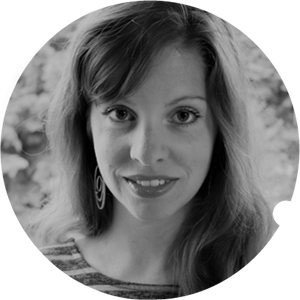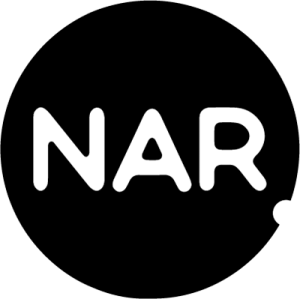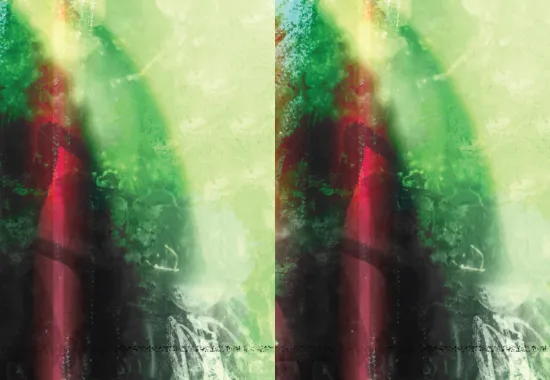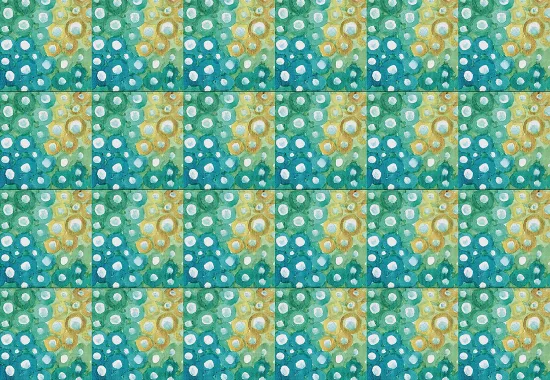Drinking from the Water: Finding “Pastoral” in the Work of Terry Tempest Williams
I had recently returned from spending eight years overseas—with seven in the Middle East, and the last three in one of the most conservative nations in the world.
Not surprisingly, coming back to the United States has been an adjustment, especially in the midst of our current political climate. In all honesty, I was (read: am) struggling to “become American” again. (I will be the first to confirm that acclimation—even to one’s own country—is a process.)
One early morning this August, as I was trying to avoid reading the news, I decided to focus my attention back on poetry—a comfort I had been neglecting. The sun was coming up over the Chugach mountains, my coffee was freshly brewed, and the water-music of ravens sang through my open living room windows.
I scrolled through my Old Faithfuls: the Poetry Foundation, North American Review, Bellingham Review, and Rattle’s Poets Respond. When I was reading through North American Review’s website, I noticed the special call for creative work in response to Terry Tempest Williams’s essay sequence titled “The Open Space of Democracy.”
I clicked the links to Orion and began to read “Commencement,” “Ground Truthing,” and “Engagement.” Once I started, I did not move—could not move—from where I sat on the couch. After reading through them in their entirety, I printed out their pages. Highlighter and pen in hand, I read through them once more, annotating and identifying phrases that struck me, morphing my copies into a wild blossom of bright pink and yellow.
I felt as if Williams wrote the essays yesterday. The relevance of her words pulled at me, and I realized that these three essays are necessary; that they need to be read, shared, and discussed; and that the discussion of their content could promote a healthy exchange that would benefit our divided communities.
I could not wait until my husband woke up, so I could pass the essays his way. I refilled my coffee cup and stared at the flurry of highlights.
I felt grounded. I felt awake. I felt more aware of my identity as a woman, as a poet, and as a citizen.
I was so taken by the truth of her words, that I nearly forgot the prompt provided by North American Review, but, when I again pored through the paragraphs with the intent to respond in verse, I realized so much of what Williams composed is poetry already.
She writes of language, the river, the horizon. She writes of darkness and light. She writes of revolutionary patience and witness. She describes the role of literature in our nation and how, “in American Letters[,] we celebrate both language and landscape, that these words, stories, and poems can create an ethical stance toward life.”
I am from a state where language and landscape intersect daily, where the earth determines how we live, and if we live. I am from the state her second essay, “Ground Truthing,” revolves around: I am from Alaska. I have stretched my fingers to touch the cold metal of the pipeline. I have received the Permanent Fund Dividend. But I have also smelled the wet scent of musk oxen after a summer rain. I have heard the call of wolves and felt the slip of salmon between my hands. I have watched brown bears wander through a hillside of blueberries, and I have felt tectonic plates rise and drop beneath me.
As an Alaskan, “Ground Truthing” is both convicting and thought-provoking. In this, Williams reminds me of why I love and respect the place where I declare residency, the place I returned to after spending 2,555 days elsewhere.
But how to write a poem, poetry, that speaks in support of, in response to, or in tension with Williams? I was not sure whether I should engage with her overall ideas, focus on the facts and political revelations, or hone in on the environmental specifics.
I opened up a document and copied down some of the sentences that most floored me. I read them aloud repeatedly, hoping their cadence would imprint itself into my thinking.
And then I left the couch. I pulled open the screen door to the balcony and sat down outside. I watched the spruce trees. The flight of mosquitos in the yellow light of sun. I felt the breeze and goosebumps rise along my arms.
The day continued.
As I went to work at the University of Alaska Anchorage, as I went for a late afternoon jog, and as I ate dinner with my husband, two of Williams’s sentences repeated themselves in my mind: “I thought I saw a musk ox across the river. It was an empty oil drum.”
I could not remove myself from these images.
Later that evening, with the sun still high in the sky, I wrote these two sentences over and over again like a prayer. I filled a page with the lines, and then I started reading the sentences in different ways, removing words, focusing on others. The drafting process now included deletion and alignment, examining different combinations of words and offsetting their meaning with white space.
What I ended up with is a found poem, an erasure titled “Pastoral,” which was accepted by North American Review for this special issue focused on “The Open Space of Democracy.”
I look back now on my coming to know Williams’s work, and the poem-writing process that followed, and I am reminded of the significance of literature—the power of the written word and how it can change minds and hearts, how it can clarify, and how it can engage—and I am grateful.
Recommended
A Review of When We Were Gun: A Narrative Poetry Cycle by Deborah Schupack
A Review of Apostasies by Holli Carrell







